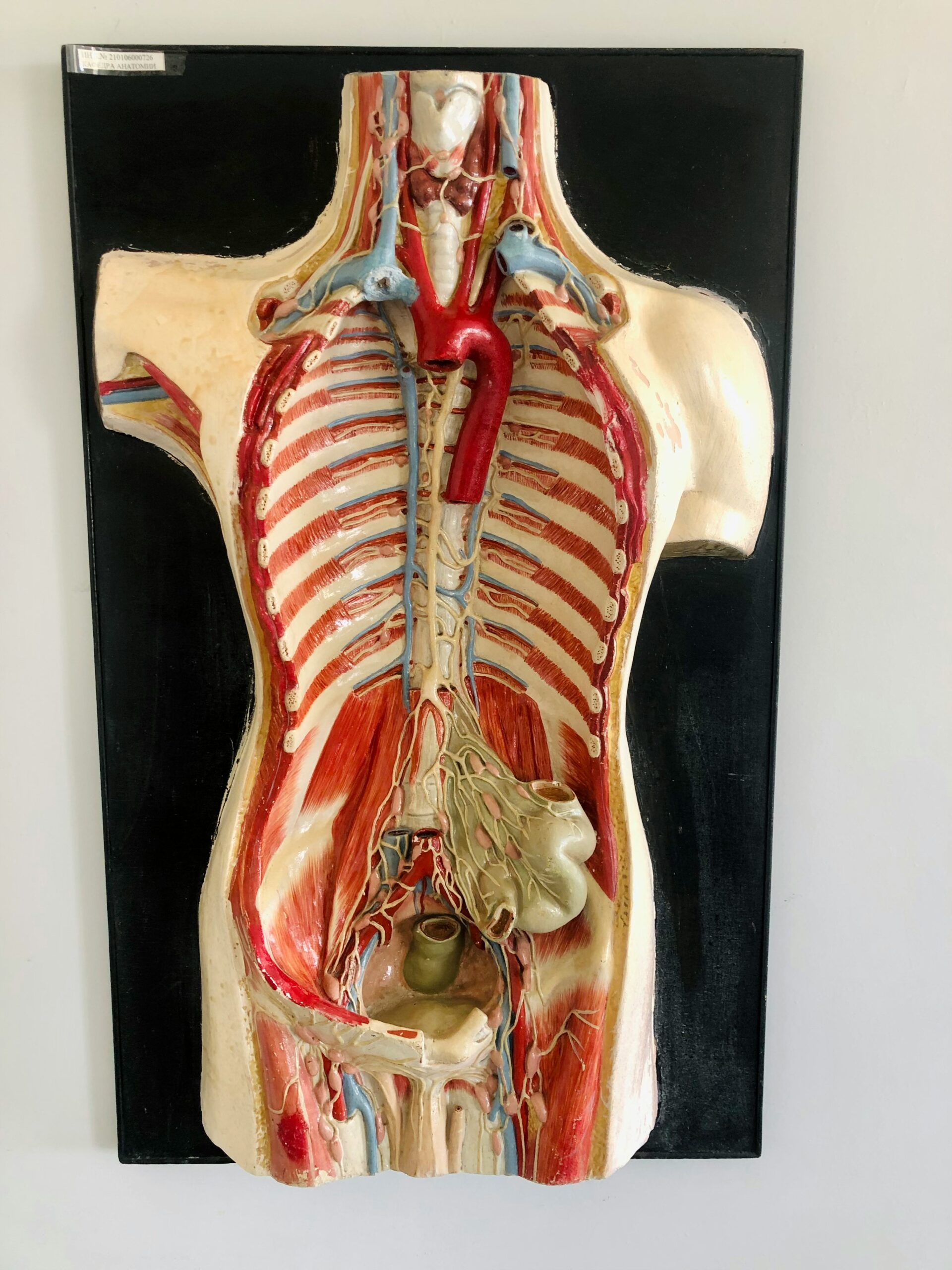15 Foods to Avoid After the Age of 30: A Guide to Good Nutrition
Our bodies undergo various changes as we age. And the nutrition the body needs also evolve. It becomes crucial to pay attention to the foods we consume to ensure optimal health and well-being.
In this guide, we will highlight 15 foods that you should avoid after the age of 30, along with healthier alternatives to incorporate into your diet.
The Dangers of Processed Foods
Processed foods, such as fast food, sugary snacks, and pre-packaged meals, are a common part of many people’s diets. However, these foods often contain high levels of unhealthy fats, sodium, and additives.
Consuming them regularly can increase the risk of developing chronic diseases, such as obesity, heart disease, and diabetes. It is best to limit or avoid these foods altogether.
Sugar and Artificial Sweeteners
Excessive sugar consumption can lead to weight gain, inflammation, and an increased risk of developing diabetes. Artificial sweeteners, often found in diet sodas and low-calorie snacks, may seem like a healthier alternative, but they can also have negative effects on our health.
Opt for natural sweeteners like honey or maple syrup in moderation.
Refined Grains
Refined grains, such as white bread, pasta, and rice, have been stripped of their nutrients and fiber during processing. These foods can cause blood sugar spikes and provide little nutritional value. Instead, choose whole grains like quinoa, brown rice, and whole wheat bread, which are rich in fiber and essential nutrients.
Saturated and Trans Fats
Saturated and trans fats, commonly found in fried foods, processed snacks, and baked goods, can raise cholesterol levels and increase the risk of heart disease. Opt for healthier fats like avocados, nuts, and olive oil, which provide essential fatty acids and promote heart health.
High-Sodium Foods
Excessive sodium intake can lead to high blood pressure and increase the risk of heart disease and stroke. Processed meats, canned soups, and fast food are often high in sodium. Instead, season your meals with herbs, spices, and natural flavor enhancers to reduce your sodium intake.
Alcohol
While moderate alcohol consumption may have some health benefits, excessive drinking can lead to liver damage, increased blood pressure, and an increased risk of certain cancers. It is important to drink alcohol in moderation and be aware of the potential risks associated with excessive consumption.
Highly Processed Meats
Hot dogs, sausages, and deli meats are often high in sodium, preservatives, and unhealthy fats. They have been linked to an increased risk of heart disease and certain types of cancer. Choose lean sources of protein, such as chicken, fish, and legumes, for a healthier alternative.
Sugary Beverages
Sodas, fruit juices, and energy drinks are loaded with added sugars and provide little to no nutritional value. These beverages can contribute to weight gain and increase the risk of developing chronic diseases. Opt for water, herbal tea, or freshly squeezed juices to quench your thirst.
Artificial Additives
Artificial additives, such as food colorings, preservatives, and flavor enhancers, can have negative effects on our health. They have been linked to allergies, hyperactivity, and other adverse reactions. Choose whole, natural foods whenever possible to avoid these additives.
It is essential to prioritize our health and make informed food choices.
Avoiding or limiting the consumption of processed foods, excessive sugar, refined grains, unhealthy fats, high-sodium foods, alcohol, highly processed meats, sugary beverages, and artificial additives, can promote long-term health and well-being. Instead, focus on incorporating whole, nutrient-dense foods into your diet to support a healthy aging process.










